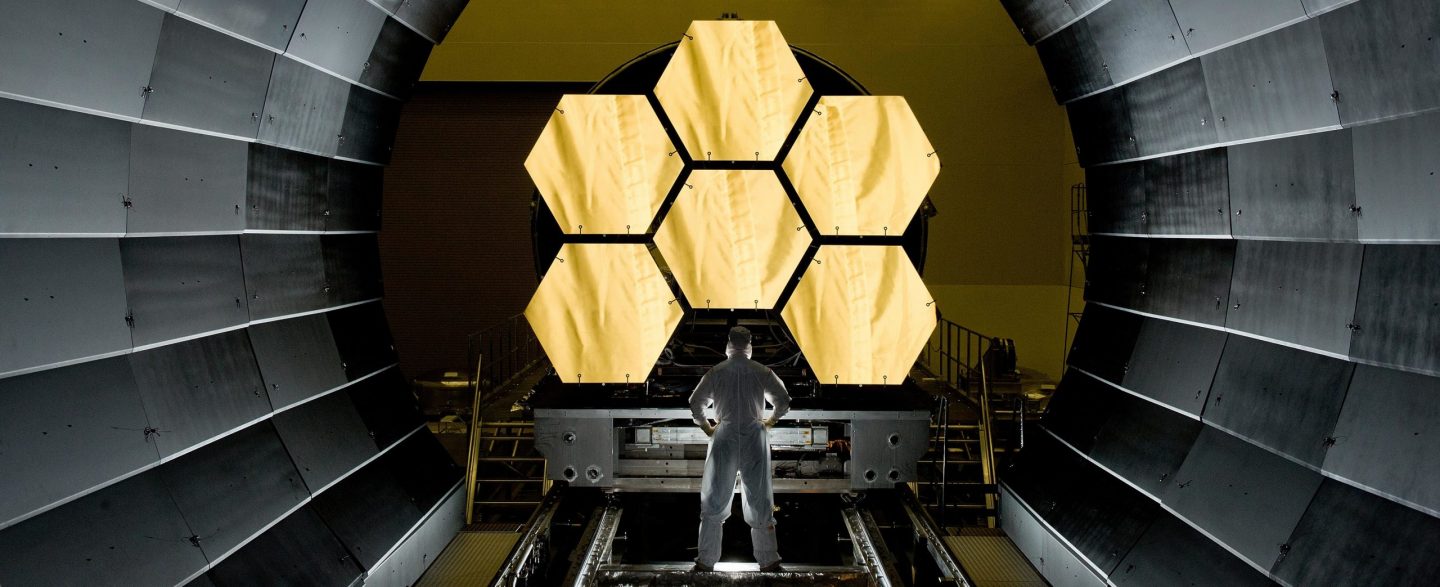UConn is partnering with AES for students to complete their MENG or Certificate in London. Read on for more information about the Advanced Systems Engineering Program.

Select a Plan That Works for You
The London internship will occur in a sixth-month period over two semesters. If you wish to change how you follow the plan of study listed below, for example starting your internship during a different semester, please reach out to us at engrcaee@uconn.edu. There are two plans of study options for either the MENG or Certificate.
Your Plan of Study is determined by your catalog year. Please use your Advisement Report or Academic Requirements Report in StudentAdmin to determine your catalog year.
MENG Plan
Four to six courses are offered every fall and spring semester in our online format that allows completion of the Master of Engineering degree quickly, from anywhere in the world. The internship abroad replaces the ENGR 5315 Capstone Project.*
MENG Core Courses (12 credits)
- ENGR 5311 Professional Communication and Information Management
- ENGR 5312 Engineering Project Planning and Management
- ENGR 5314 Advanced Engineering Mathematics
- *ENGR 5315 MENG Capstone Project
MENG Concentration Courses (18 Credits)
Group 1 Introductory - Select 1 Course Minimum (3 Credits)
- SE 5000 Introduction to Systems Engineering
- SE 5001 Model-Based Systems Engineering
Group 2 Modeling - Select 1 Course Minimum (3 Credits)
- SE 5001 Model-Based Systems Engineering
- SE 5101 Foundations of Physical Systems Modeling
- SE 5201 Embedded/Networked Systems Modeling Abstractions
Group 3 Concentration - Select 2 Courses Minimum (6 Credits)
- SE 5102 Uncertainty Analysis, Robust Design, and Optimization
- SE 5202 Foundations of Control
- SE 5302 Formal Methods
- SE 5402 Architecture of IoT
- SE 5095 Special Topics
- SE 5602 Machine Learning for Physical Sciences and Systems
- SE 5702 Data Science for Materials and Manufacturing
Group 4 Systems Engineering Electives - Select 2 Courses (6 Credits)
Students can select any systems engineering courses for the remaining 6 elective credits. Students may also choose one approved systems engineering-related elective graduate level course from any engineering discipline to complete the required systems engineering electives.
Certificate Plan
The Graduate Certificate comprises 5 courses (15 credits) and can be completed in 1 to 2 years of part-time enrollment. Credits earned during a certificate can also be applied to a future MENG.
The mandatory Industry Internship in London course (ENGR 5316) course covers the assessment and placement of your paid internship.
Select 4 Courses
Group 1 Introductory – Select 1 Course Minimum (3 Credits)
- SE 5000 Introduction to Systems Engineering
- SE 5001 Model-Based Systems Engineering
- SE 5095 Systems Engineering Management
Group 2 Modeling – Select 1 Course Minimum (3 Credits)
- SE 5101 Foundations of Physical Systems Modeling
- SE 5201 Embedded/Networked Systems Modeling Abstractions
- SE 5095 Model-Based Design for Real Time Cyber-Physical Systems
Group 3 Concentration – Select 1 Course Minimum (3 Credits)
- SE 5102 Uncertainty Analysis, Robust Design, and Optimization
- SE 5202 Foundations of Control
- SE 5302 Formal Methods
- SE 5402 Architecture of IoT
- SE 5502 Capstone Project in Systems Engineering
- SE 5602 Machine Learning for Physical Sciences and Systems
- SE 5702 Data Science for Materials and Manufacturing
Select the remaining 5th course from any of the three categories. The capstone project design course will provide an opportunity for students to implement and reinforce the learning from the previous courses to a real-world problem. The Graduate Certificate in Systems Engineering is awarded upon successful completion of all four courses.